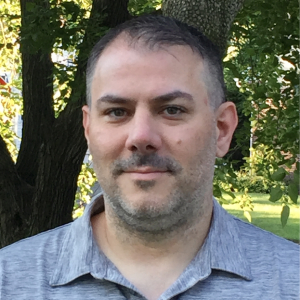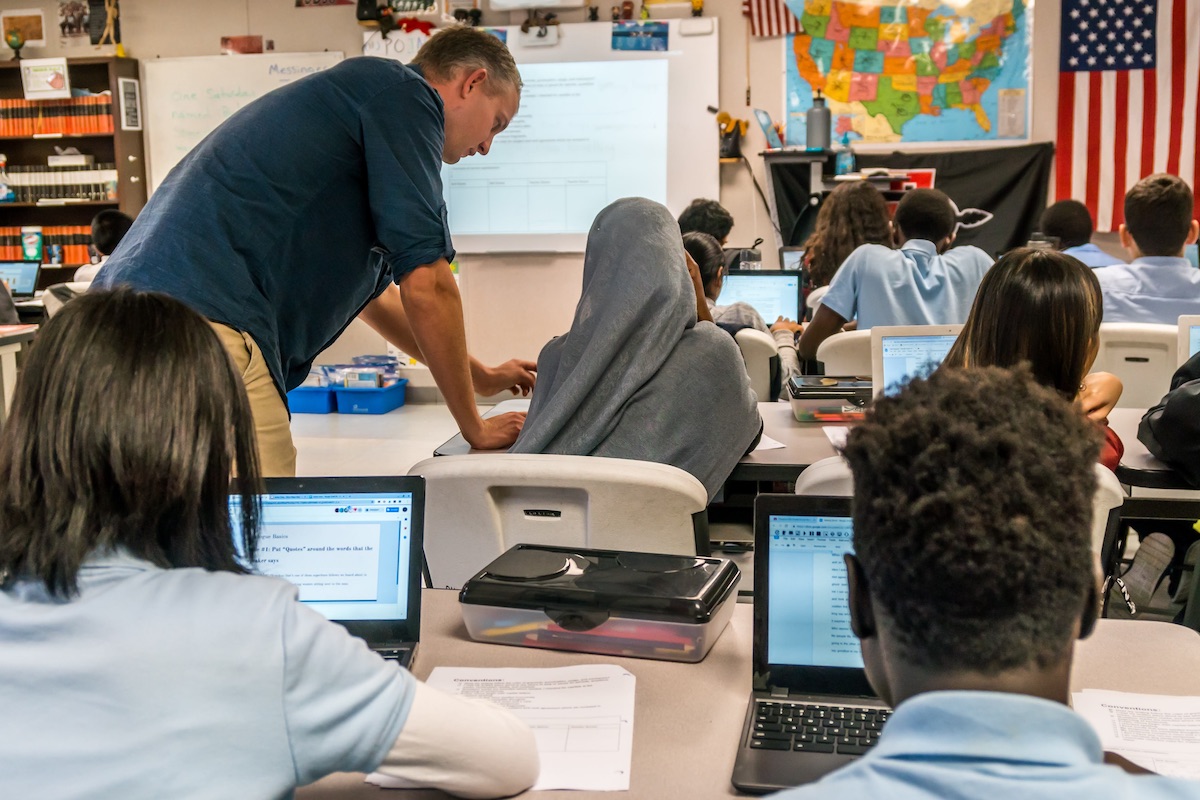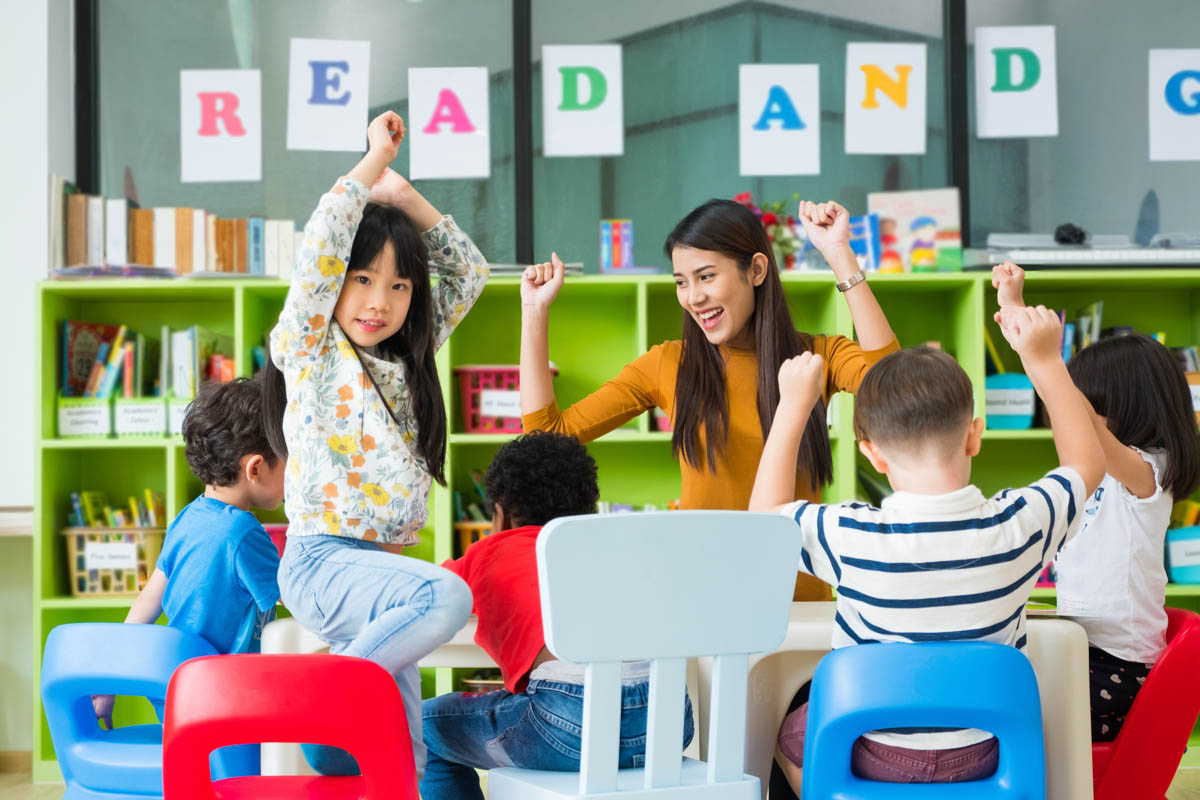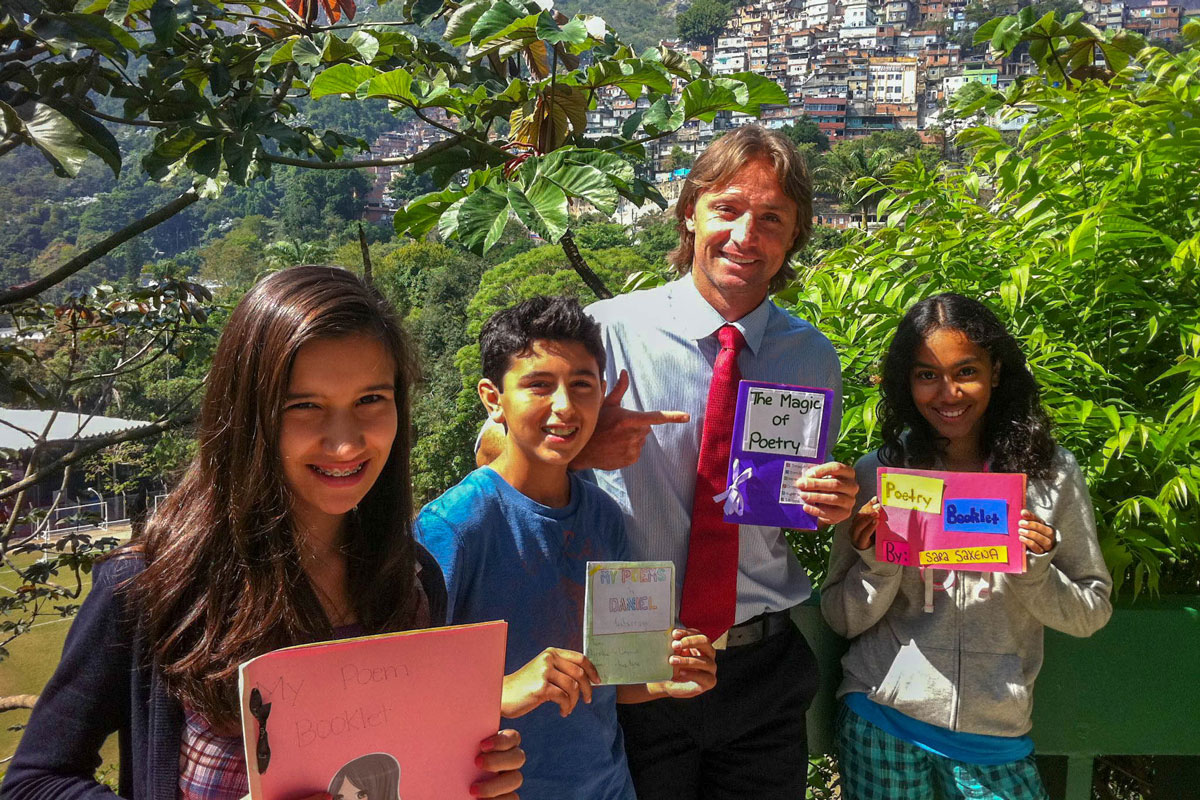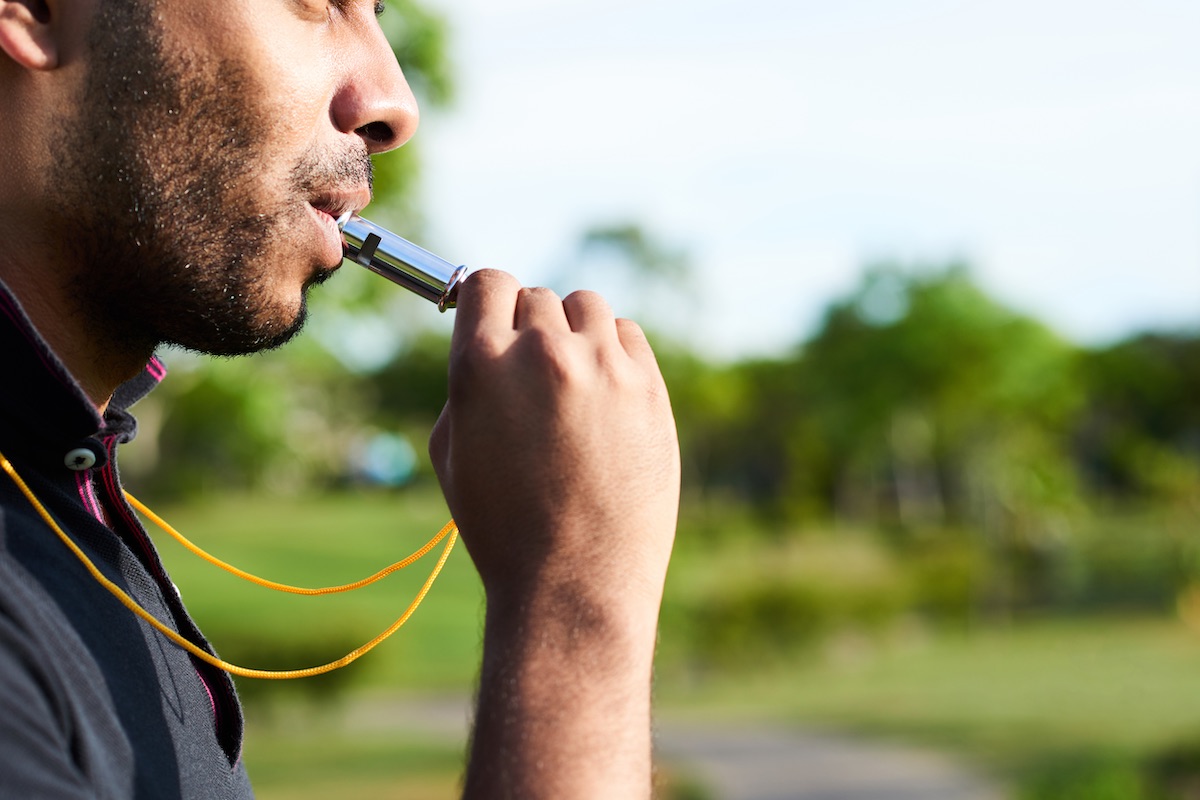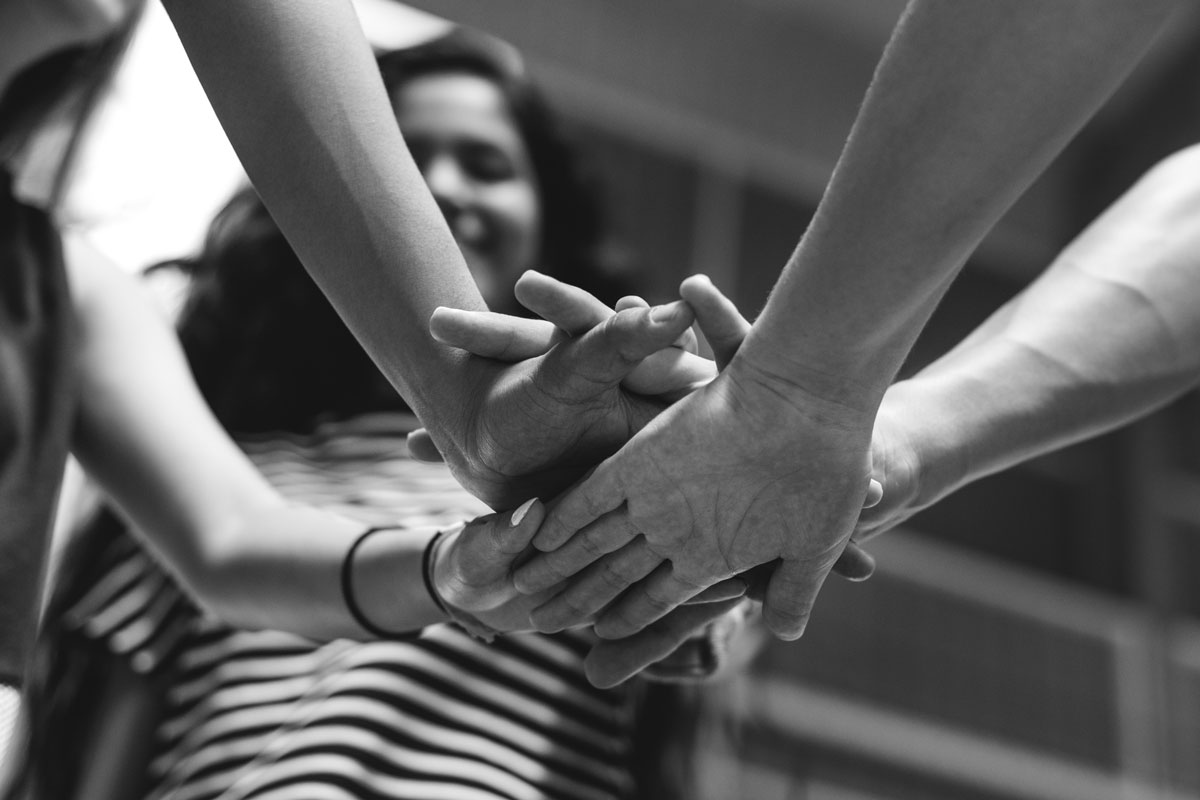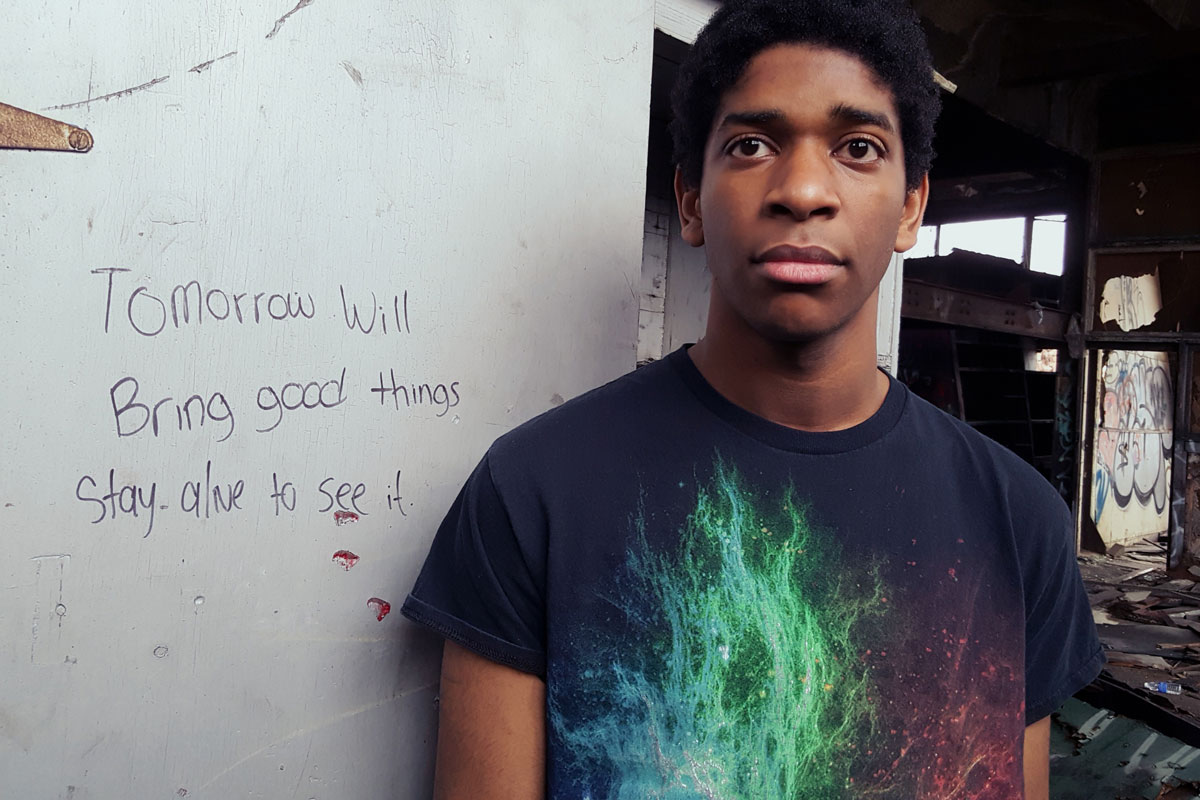3 Reasons This Is My Toughest Year Yet

I’m going to try not to make this post all doom and gloom because that’s not how I feel about teaching and education. I love being in the classroom, but if I’m being honest, this is the toughest year I’ve ever had. I’ve never had a thought that this is not the right profession for me or I need to leave, but it’s been hard. I’m in a district that has been extremely supportive and reasonable with their expectations, and I’m still feeling this way. I can’t even imagine how educators that are not in a supportive environment are feeling.
Lately, I’ve been trying to put my finger on why I’m feeling this way. Here are the things that keep popping up every time I think about this. My personal situation is impacting my professional life more than it ever has before, I’m exhausted, and students are approaching school differently than they have in the past.
My Personal Life
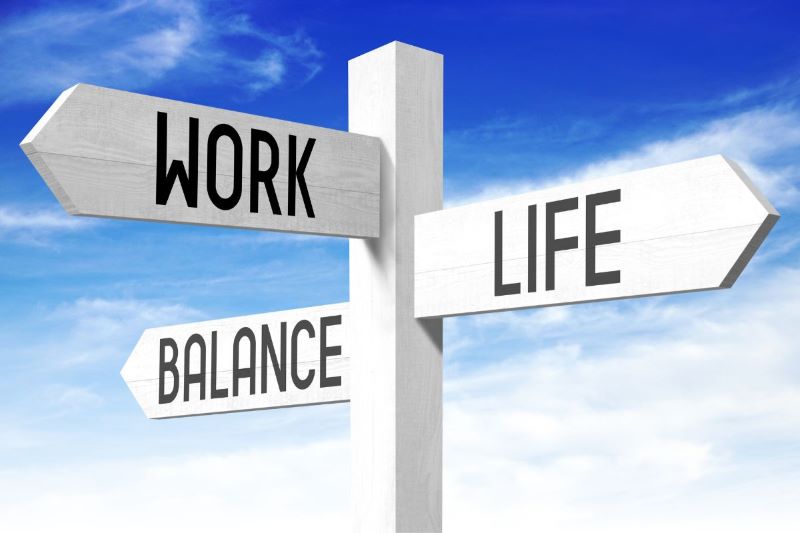
I’ve always tried to compartmentalize my personal and professional lives, not letting one affect the other. In my mind if I was having a bad day, that wasn’t the students’ problem, and at home, my kids deserve a dad that isn’t weighed down by a challenging day. Students deserve the best education I am capable of regardless of how I am feeling that day. That doesn’t mean I approached class as a robot. I would discuss my wife and kids if they asked, my hobbies, and shared interests. However, I tried to never let my emotions (good or bad) impact the way I interacted with students. This year those lines got blurred.
I have two young school-aged children, and in the current environment that we’re experiencing, sometimes being responsible means being inconvenienced. My normal morning routine is to drop my son off at his pre-k at 7:30 when they open and race up the parkway to start class by 8 am. I usually make it there with 5 or 10 minutes to spare. I check my kids’ temperatures and never send them to school sick, but on more than one occasion I’ve arrived at his school and their morning temperature check was a little high (99+), causing them to turn him away for the day. On top of scrambling to find childcare for the day to get to work and showing up a couple minutes late, it now triggers the testing cycle. And I’m not mad about it. These measures were put in place to protect all the children, including my own. It’s definitely affecting me though. There have been occasions where I walked in the door teaching, visibly frustrated by the situation, because the class had already started. This is just one example of many, and I’m sure you have examples too. Couple these distractions with missing time due to lack of childcare and illness, checking my phone every time it rings to make sure it’s not my kids’ schools calling (I never looked at my phone during class before) and I feel like students aren’t getting my full attention or the best version of me as a teacher.
I’m Exhausted

There is no particular thing I can point to that is causing this, so I’ve started to call it “cumulative exhaustion.” I don’t know if that’s a thing, but it’s how it feels to me. We’re always concerned for our students, that’s nothing new. As a parent, I’ve also always been concerned for my kids. These past few years, however, we’ve had the added challenge of thinking about the health and safety of our parents and loved ones that have health challenges. It seems like the number of decisions that need to be made increased exponentially, with the impacts of those decisions having a ripple effect. I’m the type of person that thinks about every consequence to the decision prior to making it, and with this level of uncertainty, I find this draining.
This inevitably spilled over into the classroom. There were changes that I wanted to make to my curriculum and specific lessons, but when I opened up my laptop and sat down to do it, I just didn’t have the desire to do the work. I’m also finding that I don’t have the patience I’ve had in previous years, which is probably causing me to approach challenges differently than I would in the past. Little things that I probably would have addressed or corrected; I’ve let slide. My course is based on feedback and conversations, so every time I decide not to engage in one of those opportunities it undermines the philosophy and effectiveness of the course.
Students are approaching school differently
Students have come to realize many things over the past two years, and one of them is school does not have to be this way. I’m not a fan of compliance, so I’m glad that students are understanding there are better ways to approach learning than what they have traditionally experienced. There are still challenges though. I’m finding a higher number of students reluctant to engage and take ownership of their learning. An important part of our learning environment is independent practice, where every student decides where they need to focus their attention. During these opportunities, it’s been more challenging to get students to balance their academic and personal conversations. I understand why, but it doesn’t make it any less challenging.
Other students are just fed up with school in general. With the return to face-to-face instruction, there are many teachers that are trying to do a reset to pre-pandemic teaching. As a system, we went from freedom and grace during remote instruction, back to the carrot and stick model of grades and compliance with no transition time. Not that any length of transition time back to those policies would make them desirable to me. Students, especially those who the carrot and stick model never worked for, are right to be skeptical.

We also can’t overlook the impact the current division of our society is having on students. With views that are in complete opposition to each other, it’s challenging for students to know who to trust. I’ve had more conversations about school policies, why they’re in place, research in general, and how to know who’s telling the “truth.” Right now, things in general seem contradictory and don’t make sense to them, and I don’t blame them. Until those issues are addressed, and trust is established, learning content is challenging.
Final Thoughts
There is no doubt this has not been my best year. Despite all of that, students are still learning. Even though things may be challenging right now, I am optimistic. There will always be challenges, but hopefully they will never rival this unprecedented level. Our opportunity to reshape education is still before us. I see the educators across the country standing up to criticism and injustice, advocating for change, and creating environments to support all students. Students are telling us what they need. We just have to listen.
This article was original published at reimaginedschools.com.

